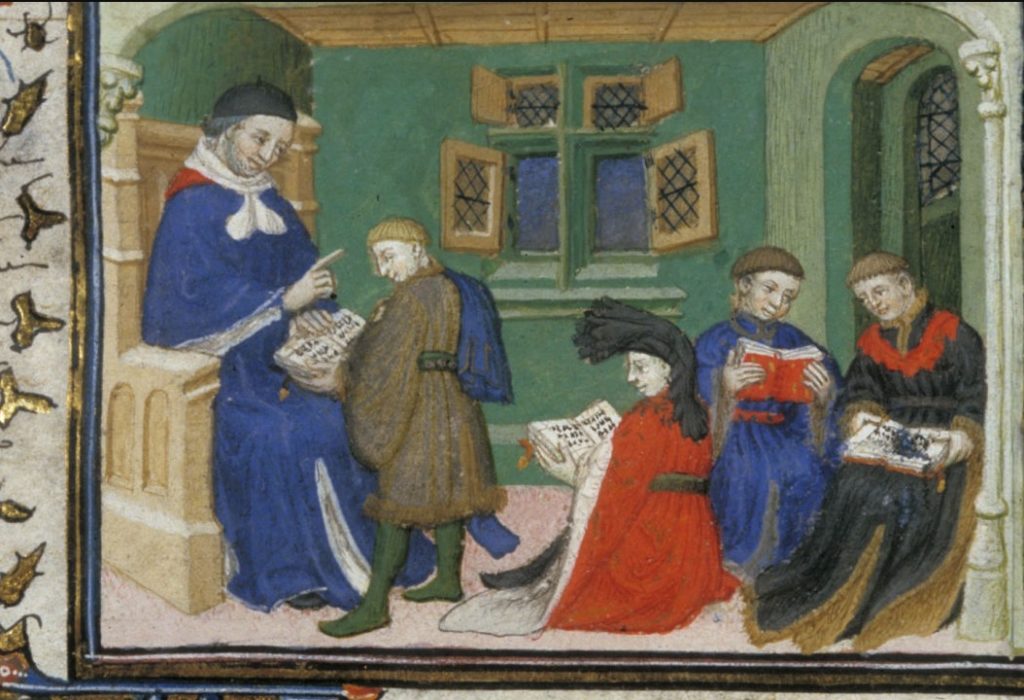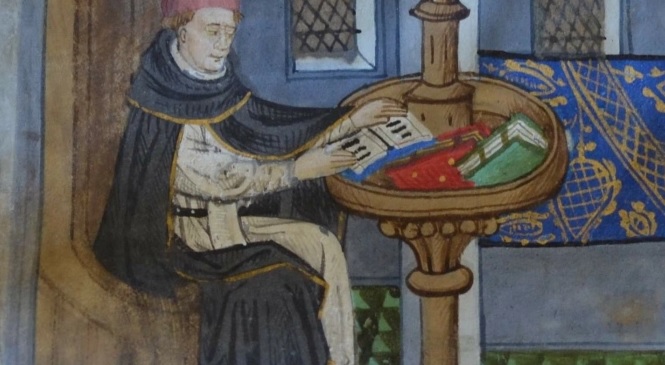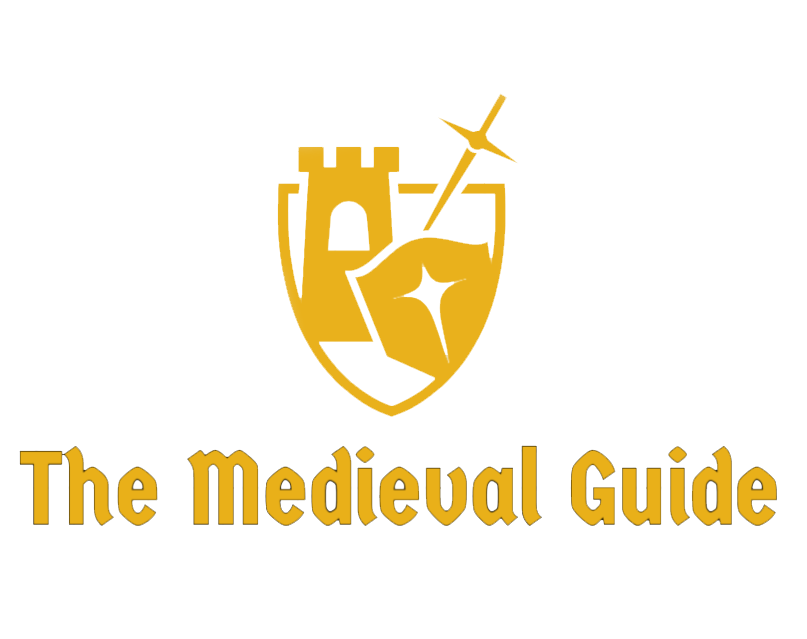During the medieval period, education was a privilege reserved for the nobility. Lords and ladies received a formal education that was designed to prepare them for their future roles as leaders and rulers. In this article, we will explore the education received by medieval nobility and the subjects that were studied.
Purpose of Medieval Nobility Education
The purpose of medieval nobility education was to prepare individuals for the responsibilities and duties of their social rank. Lords and ladies were expected to be proficient in a range of subjects, including politics, law, and social etiquette. They were also expected to be skilled in the arts, such as music and literature, as these were seen as essential for cultivating a refined and cultured persona.
Related article: What did Medieval Lords do for fun?

In addition to practical skills, medieval nobility education also aimed to instill moral virtues and values in its students. These values included loyalty, honor, and compassion, and were seen as essential for ruling justly and maintaining order in society.
The Structure of Medieval Nobility Education
Medieval nobility education followed a structured curriculum that was divided into different levels of study.
Grammatica
The first level was the grammatica, which focused on the study of Latin grammar and literature. This level of study was considered the foundation of all other subjects and was often referred to as the “trivium.”
Quadrivium
The next level was the quadrivium, which consisted of four subjects: arithmetic, geometry, astronomy, and music. These subjects were considered the foundation of scientific and mathematical study and were seen as essential for understanding the natural world.
Specalization
After completing the grammatica and quadrivium, students could choose to specialize in a particular field of study, such as law, medicine, or theology. These specialized subjects were known as the “liberal arts” and were seen as essential for preparing individuals for professional careers.
Methods of Education
Medieval nobility education was typically conducted in a formal setting, such as a school or university. Students were taught by trained scholars, who were often monks or priests.
The primary method of instruction was through lectures, in which the teacher would present a subject to the students and explain it in detail. Students were expected to listen attentively and take notes during lectures.

In addition to lectures, students also engaged in independent study, in which they read and analyzed texts on their own. This method of study was considered essential for developing critical thinking skills and for deepening one’s understanding of a subject.
The Subjects Studied by Medieval Nobility
Education of Lords covered a wide range of subjects, including:
- Latin: it was the language of scholarship during the medieval period and was considered essential for any educated individual. Students studied Latin grammar and literature, and were expected to be proficient in reading, writing, and speaking the language.
- Rhetoric: the art of effective communication and persuasion. Students studied the principles of rhetoric and practiced delivering speeches and written arguments.
- Logic: Logic was the study of reasoning and argumentation. Students learned how to analyze and evaluate arguments and to construct their own logical arguments.
- Mathematics: the study of numbers and their relationships. Students studied arithmetic, geometry, and astronomy and learned how to solve mathematical problems.
- Music: it was considered an essential part of medieval nobility education, as it was seen as a refined and cultured pursuit. Students learned to read and write music and to play musical instruments.
- Literature: Literature was a key subject in medieval nobility education, as it was seen as a way to cultivate a refined and cultivated persona. Students studied the works of classical authors, such as Homer and Virgil, as well as the works of contemporary authors.
- History: the study of past events and their causes and consequences. Students studied the history of ancient civilizations, such as Rome and Greece, as well as the history of their own medieval society.
- Law: the study of legal principles and their application in society. Students learned about the legal system of their own society and the laws that governed it.
- Medicine: Medicine was the study of the human body and the treatment of diseases and injuries. Students learned about anatomy, physiology, and pharmacology and how to diagnose and treat various ailments.
- Theology: the study of religious beliefs and practices. Students learned about the beliefs and teachings of their own religion and the religions of other cultures.
- Philosophy: the study of fundamental questions about the nature of reality, knowledge, and existence. Students studied the works of philosophers such as Plato and Aristotle and engaged in critical thinking and debate.
Conclusion
As we can see from the article, medieval nobility education was a structured and comprehensive system of learning that aimed to prepare individuals for their future roles as leaders and rulers. It covered a wide range of subjects, including Latin, rhetoric, logic, mathematics, music, literature, history, law, medicine, theology, and philosophy.
The methods of instruction included lectures and independent study, and the education was typically conducted in a formal setting by trained scholars. The goal of medieval nobility education was to cultivate not only practical skills, but also moral virtues and values, in its students.
